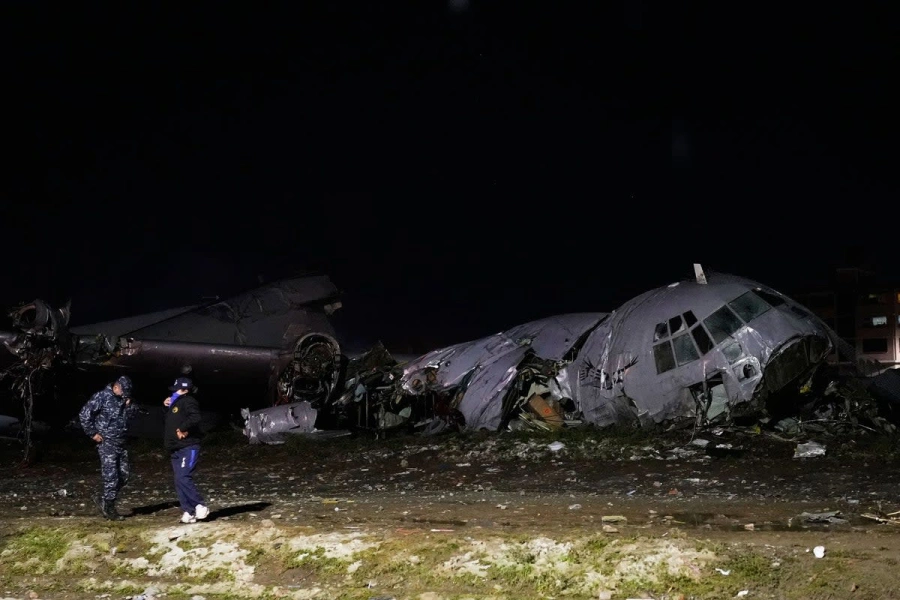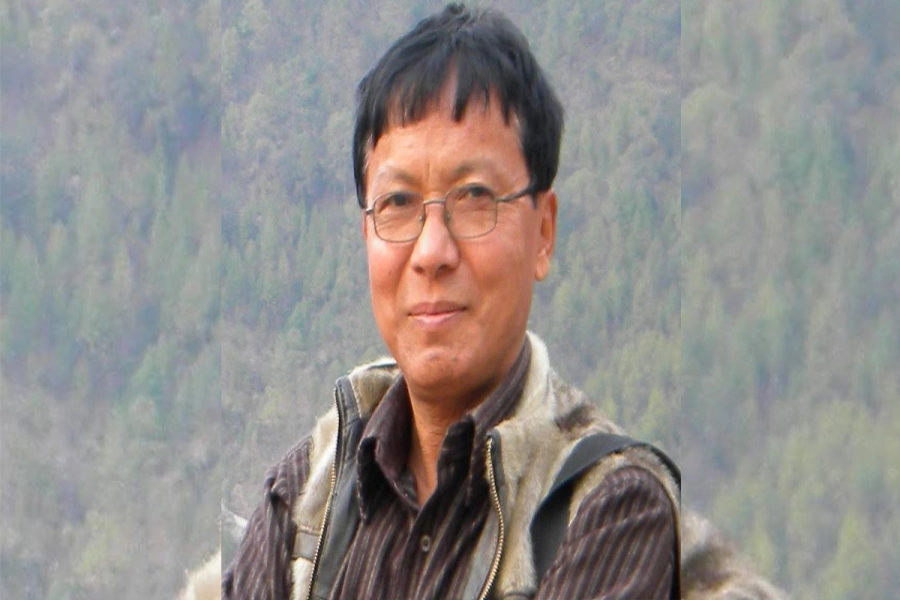KATHMANDU, May 25: Like his predecessors, Minister for Finance Yuba Raj Khatiwada said he had focused on ‘growth of real sector including manufacturing’ and ‘high priority on production’ when he unveiled the budget for the current fiscal year in May last year.
Many had expected that his aim would be materialized at least to some extent because the government, with a strength of two-thirds majority, had the single economic agenda of ‘transformation and prosperity’.
While agricultural output is projected to be satisfactory under this government, which was without any government intervention, the growth of manufacturing – the key to generating employment – is projected to decline to 5.78 percent compared to last fiscal year’s 9.17 percent. Growth of the agricultural sector is to be doubled to 5.02 percent.
No major manufacturing plant has come into generation this fiscal year. Neither has the year seen any big investment announcement in this sector. And the overall foreign direct investment has also fallen.
Real estate sector tops informal transactions in Nepal

There is nothing substantial to cheer about the projected 6.81 percent growth rate until a change occurs in the structure of the economy and the manufacturing sector occupies a larger pie of the GDP, according to economists.
They say that they have not found any sign of improvement in the economy, nor are they expecting any immediate change in the near future.
“Trade and service sectors still occupy a huge pie of the GDP, while manufacturing seems to grow at a lower rate than in last year,” said Posh Raj Pandey, an economist. “The growth is not sustainable and it makes no real impact in the economy. It does not create jobs as needed.”
“There is nothing important this government has done in the economy after it came into power in February last year,” observed economist Keshav Acharya. “There is nothing that the government can be credited for, except a few laws that it endorsed apart from organizing an investment summit to draw foreign investments.”
The country’s few manufacturing industries like cement and pharmaceuticals have seen some growth, but such growths are not due to any intervention by the current government. Rather, these industries grew over the period of past few years, according to economists and entrepreneurs.
Industrialists say that they have never felt the government has ever prioritized promoting or supporting their industries. “On top of the business risks, we also have to be ready to cope with policy surprises,” said Pashupati Murarka, a leading industrialist who runs manufacturing units of cement and paints among others.
Many view that trade and service sectors have dominance in Nepali business community although their contribution in job creation is very low. Traders have more or less risk-free business compared to manufacturing companies who have to face constant risks, according to Murarka. “There are some policies favoring manufacturing but they remain almost unimplemented,” added Murarka, who is also a former president of the Federation of Nepalese Chambers of Commerce and Industry.
The government has claimed that the endorsement of laws on investment policies, including foreign direct investments and public private partnership, is helping boost the industrial sector. However, results are yet to be seen, according to the private sector representatives.








































